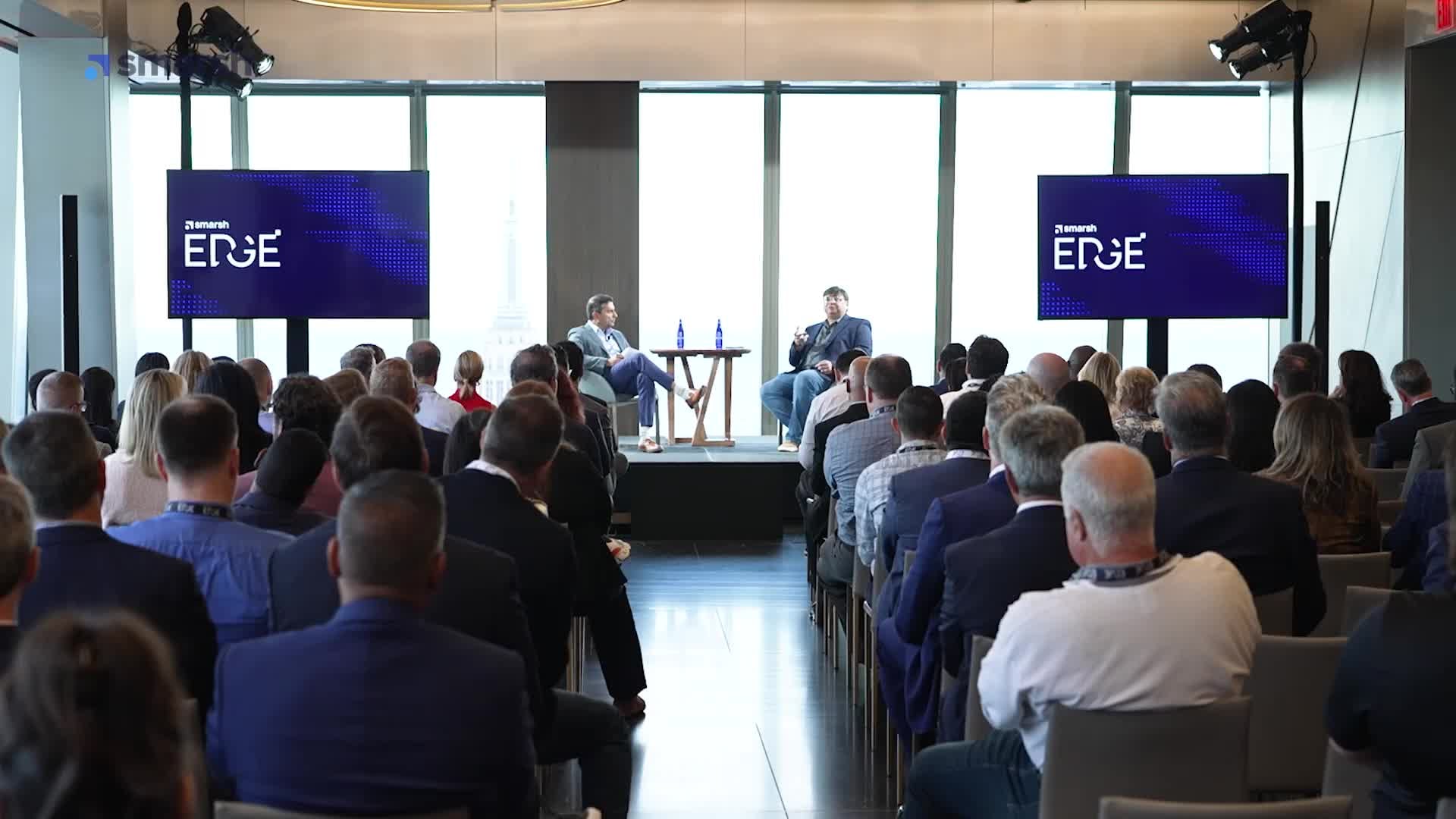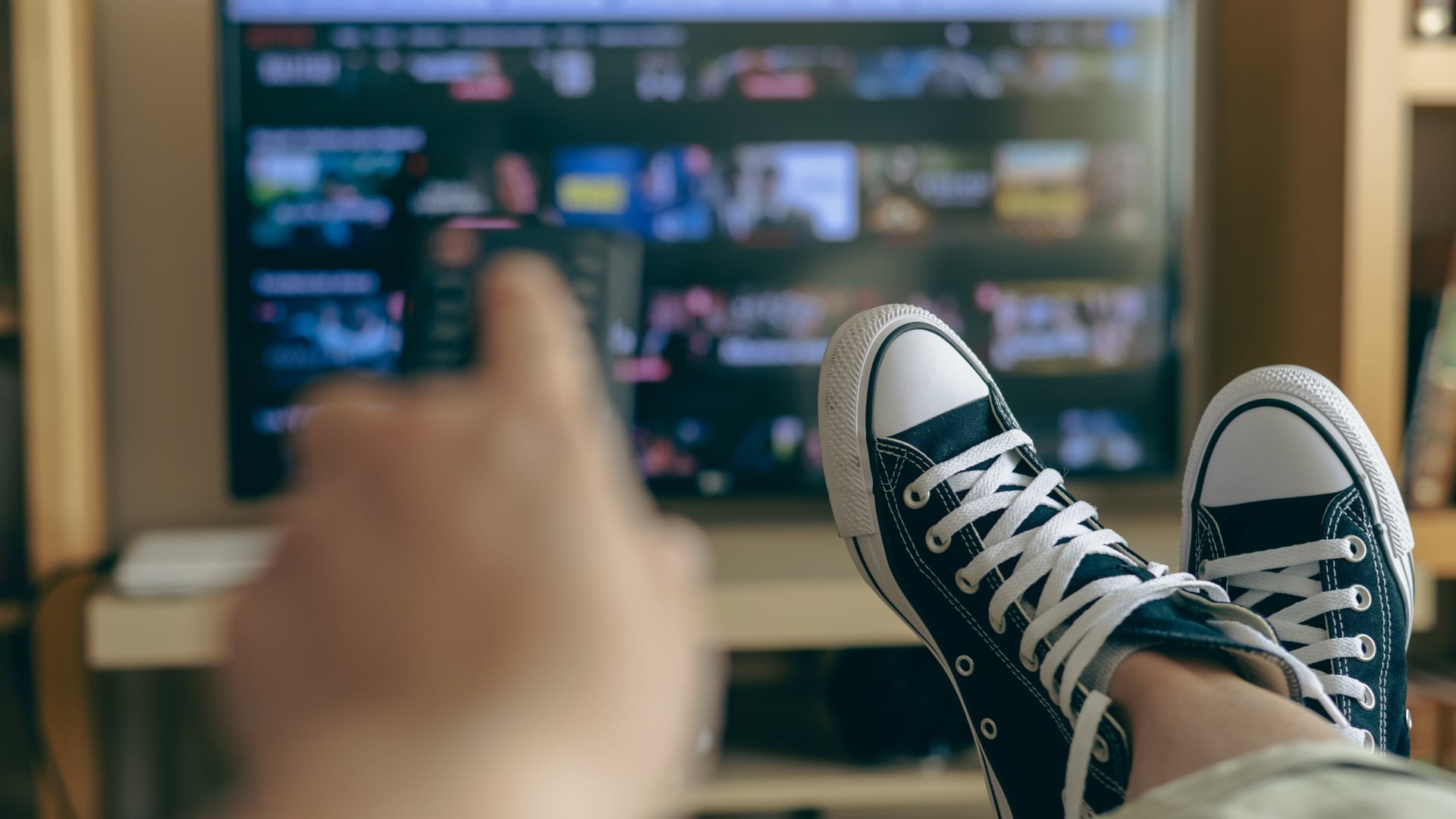Misfits Market, the "ugly" fruit and vegetable e-commerce company, announced that it has raised $85 million in a Series B financing round led by Valor Equity Partners, bringing the fast-growing startup's total raised to $101.5 million.
The company's message is taking off as more customers shift to online grocery shopping, and consumers look for more eco-friendly — and wallet-friendly — options. "In a nutshell, we rescue food that would otherwise go to waste in the food system," said founder and CEO Abhi Ramesh in an interview with Cheddar. "We deliver those items to consumers' doorsteps at a substantial discount from retail prices, generally 30-50 percent cheaper than the grocery store."
The company started off in 2018 by delivering subscription boxes of "ugly" produce — think misshapen vegetables and slightly bruised fruits. Since then, they've expanded their product offerings and look to continue that expansion with this new influx of capital. The company now "rescues" food items like coffee, chocolate, herbs, lentils, spices, sauces, and grains. These items might not be ugly in the traditional sense, but if they cannot be sold through traditional channels, Misfits buys them at a discount.
For example, Ramesh talked about an olive oil company that they had worked with. The manufacturer had printed the labels on the olive oil bottles backward. Misfits Markets customers were able to score these bottles at a discounted price, but not a discounted taste.
Misfits said it has seen a huge spike in its customer base amid the coronavirus pandemic. In the first quarter of 2020, the number of subscribers almost tripled. The company scaled its warehouses and pack centers to meet the demand and hired an additional 400 people in their New Jersey headquarters.












